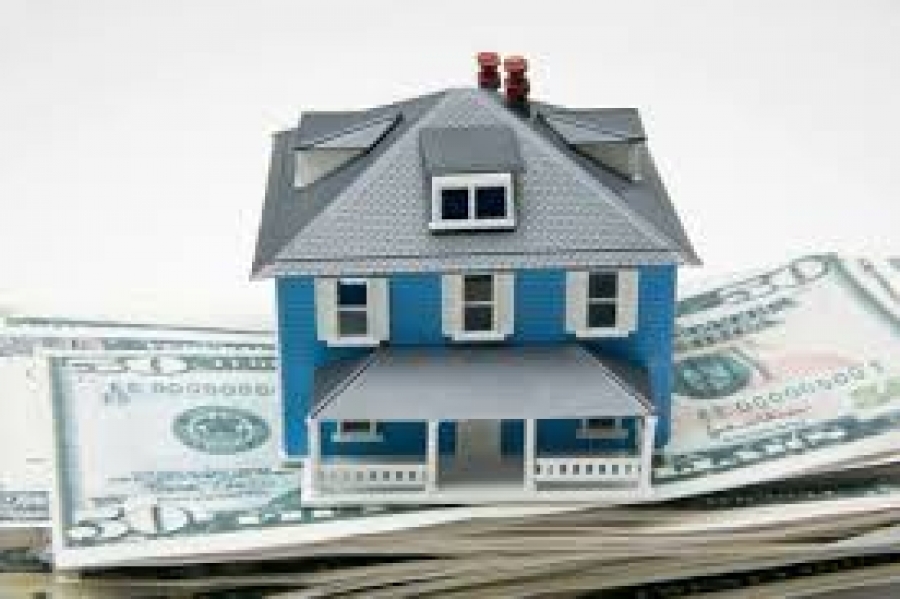Is it possible to increase the value of a house? Certain factors certainly contribute to this. Here are 07, some of which may surprise you!
What determines the value of a house? Its age, its general condition, but also a host of elements, many of which have no connection with the building itself. Far from being stable, these characteristics vary according to modes, time and the laws of the market. It might as well be said that setting the price of a home is a complex exercise that involves many subtleties.
1–Luxurious Features
Air conditioning, central vacuum cleaner, multiple bathrooms, solid wood flooring: these so-called "luxury" attributes, once listed among the extras, are now taken for granted by buyers. Their absence can therefore have a negative effect on the value of a house.
2-Area
This is THE marker that has grown the most over the years. Indeed, the relative share of the cost of the land in the total value of a property has been steadily increasing over the past 40 years. Moreover, the location of a house is becoming the most important determinant of its value. And this is not ready to stop, predict real estate developers. Explanation: the density and rarity. Real estate developers report that before the 70s, the normal size of a plot was 1000 m2. Today, the average is between 350 and 500 m2. The land is shrinking, but the price is going up. This reality is becoming more pronounced as we approach urban centers. That said, a land that's worth a lot of money commands a house that's worth a lot of money. This explains another widespread tendency: to demolish in order to rebuild. The $ 150,000 house bought on land worth $ 500,000 no longer has its place. It will be razed to be replaced by a house worth a few million. This is also how land determines the price of a house.
03 - A Garden
Money would grow in trees? In fact, the development of the land has assumed a great deal of importance on the value of a home in a few decades. Again, population aging influences. Gardening and horticulture are popular with pensioners. And as you go out less as you get older, you put more emphasis on its exterior layout. But the effects of greenery on the price of houses exceed the limits of its own land. For example, the work of real estate developers has shown that the presence of mature trees in a neighborhood is one of the factors that inflate the price of the house, up to 7% of the amount of the sale, according to a study they published in 2002. However, the difference is that too much deciduous trees will tip the balance the other way around. People don't like to pick up leaves too much in the fall, and that's even truer when they get older.
4-The panorama
The view we get from his home is also worth his weight in gold. It is that open vistas are prized in home. Water, lake, river are among the most popular panoramas, people combining calm and serenity. And the closer the property is to an urban environment, the more valuable the sight factor will be because of its rarity.
5- Neighbor
We want them to be quiet, tidy and polite: our appreciation of our neighbors influences our choice of house because we attribute them to our quality of life. But will the neighbors tint the monetary value of the surrounding properties? Yes; a research has established an unequivocal link between neighborhood education - the rate of university graduates-and the value of homes in the same area.
6-A school in the vicinity
A nearby school increases the value of a house, especially if the school is well rated. Why? Because in general, the quality of a school goes hand in hand with the quality of the neighborhood. At least that's the bet the buyers make. And while the "rated school" factor has a notable influence here, its role is even more pronounced in the United States. There, studies have shown that it is the number one criterion for selecting a property. Buyers target educational institutions on the basis of the official examination ranking and make their home selection on that basis, no more and no less.
7- Efficient transport routes
A house benefits from being located in an area well served by public transport. It is another facet of accessibility, a pledge of monetary value in these times. These unexpected additions, called "positive externalities" in economics, are beneficial to owners. They pay more taxes,but win. Unfortunately, the opposite can also happen. A noisy transport line too close to a residence will lower its value. The owner will have no choice but to suffer the financial repercussions of this "negative externality".








